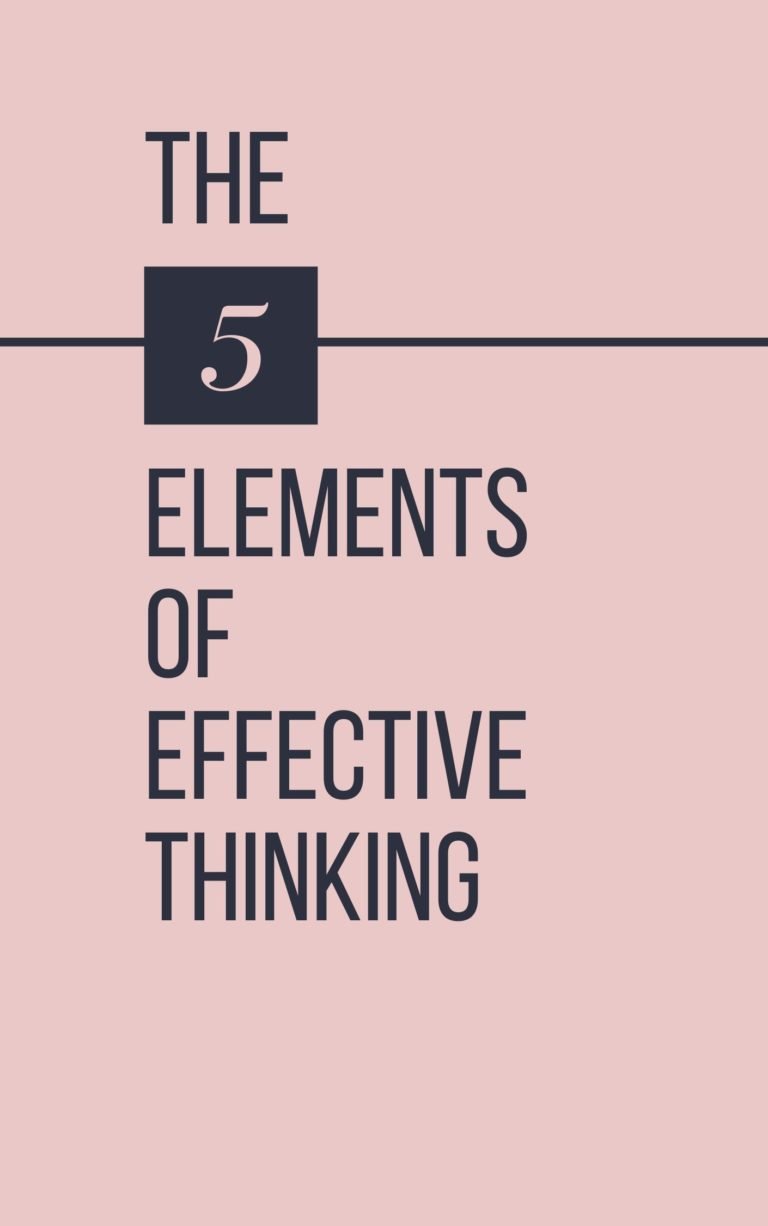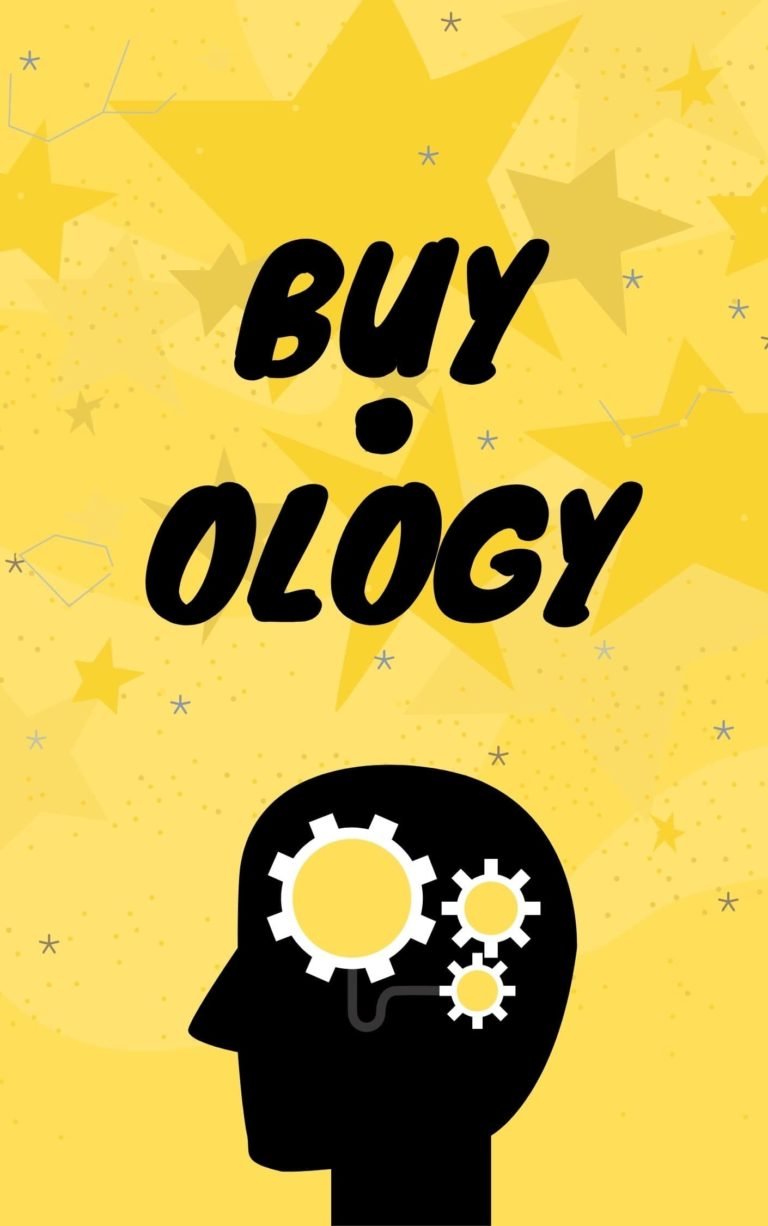The Subtle Art of Not Giving a F*ck
Mark Manson
Rating: 8.0
“Resilience, happiness, and freedom come from knowing what to care about–and most importantly, what not to care about. This is a masterful, philosophical and practical book that will give readers the wisdom to be able to do just that.”
-Ryan Holiday, New York Times bestselling author of The Obstacle is the Way and Ego is the Enemy
Contents
Chapter 1: Don’t Try
Manson starts the book by relating the story of the famous American author Charles Bukowski. before achieving fame, Bukowski was a semi alcoholic gambler who was rejected by every single publisher he went to. It wasn’t until the age of 50 that an editor accepted to work with him. Most authors were such a life story would have faded into oblivion but Bukowski had something that called the public. Most people marked it off as an inspiration a success story the American dream. Bukowski knew the reality of his situation though; he knew he wasn’t some savvy bestseller just because people liked his books. In his mind, he was still a loser and that’s completely fine.
It is in fact exactly why people were and are still drawn to his books; his complete self-acceptance, his unflinching ability to accept his reality as it is and live with it. written on Bukowski’s gravestone is the epitaph don’t try.
Mason contrasts Bartowski’s mindset with the mindset of today’s society. Where achieving the unrealistic positive set expectations of being happier, richer, healthier and own nicer things. Manson claims that all these expectations do is bring us down and point out our personal shortcomings in life. Making us feel like we will never be enough. Manson ties up the chapter with his first lesson: Society wants you to care about everything all of the time.
Giving a damn about what is true immediate and important in your life is more important than reaching these unrealistic expectations.
“Our culture today is obsessively focused on unrealistically positive expectations: Be happier. Be healthier. Be the best, better than the rest. Be smarter, faster, richer, sexier, more popular, more productive, more envied, and more admired. Be perfect and amazing and crap out twelve-karat-gold nuggets before breakfast each morning while kissing your selfie-ready spouse and two and a half kids goodbye. Then fly your helicopter to your wonderfully fulfilling job, where you spend your days doing incredibly meaningful work that’s likely to save the planet one day.”
Chapter 2: Happiness is a Problem
Manson covers the topic of how harmful the idea of unbridled happiness is to society. By reflecting on the fact that humans are naturally supposed to be of a slightly unhappy and insecure disposition.
“To be happy we need something to solve. Happiness is therefore a form of action;”
Current self-help books and trends are constantly trying to combat these feelings. This doesn’t achieve anything, ignoring these emotions is a tantamount failure and pointless contentment. Manson notes that these based negative emotions are evolutionary and are there to naturally push us forward in life achieving true success.
Those who deny this reality can often turn to harmful hides in order to counteract the negative emotions.
Manson states that this achieves nothing and further feats back into the loop of sadness and despair. Throughout the chapter, Manson encourages you to accept reality as it is, take responsibility for your emotions and accept that achieving true happiness requires that you struggle day to day.
“The desire for more positive experience is itself a negative experience. And, paradoxically, the acceptance of one’s negative experience is itself a positive experience.”
Chapter 3: You Are Not Special
The chapter begins with Manson relating a study that took place in the late 60s. The study correlated a good self-image with better accomplishments in life. Policymakers and researchers began to enact policies of participation prizes and the likes to make everyone feel special and successful. Manson’s claim is that all these actions achieved was a society of entitled people who expected everything to go right for them all the time. This attitude is only spurred on but the continual bombardment of people with images and ideas of a perfect life that is barely attainable.
All of these make for a cocktail of disaster and failure. No one is accepting reality as it is and using their problems as stepping stones towards success.
Manson ties up the chapter by writing that it is the constant need to improve that creates successful people not unwarranted high self-esteem.
“This is the most simple and basic component of life: our struggles determine our successes.”
Chapter 4: The Value of Suffering
This chapter is focused on self-realization. Manson encourages you to take a look into why you feel the way you do and notes that this could take many painful years. Manson relates your deepest emotions to your values and notes that values are essential towards achieving contentment. Values such as always being right and constantly chasing empty pleasure are considered to be bad values. Good values are considered to be reality-based internally achieved and socially constructive. Manson believes that changing your values for the better will help the way you deal with your problems.
“Everything worthwhile in life is won through surmounting the associated negative experience. Any attempt to escape the negative, to avoid it or quash it or silence it, only backfires. The avoidance of suffering is a form of suffering. The avoidance of struggle is a struggle. The denial of failure is a failure. Hiding what is shameful is itself a form of shame.”
Chapter 5: You Are Always Choosing
Manson elaborates on this idea that how you deal with a problem changes depending on whether you feel like you choose to have it or not. You are not always responsible for our circumstances, but we can control how we feel about them. Taking responsibility for the circumstances that are thrust upon us and dealing with them effectively is tantamount towards being a successful person.
Change is as easy as making a choice. By choosing to care about something else you can thus change the direction of your life for the better.
“Life is essentially an endless series of problems. The solution to one problem is merely the creation of another.”
Chapter 6: You Are Wrong About Everything
Manson believes that life and happiness can be related to the scientific method, with values being hypotheses, actions being experiments and actions being the data. We should thus make smart decisions upon the results we obtain and not fear doubt or uncertainty. Uncertainty is a vital rung in the ladder toward success and we should not fear it.
In this chapter, Manson encourages you to let go of previous held ideas and encourages you to doubt yourself and question your actions. Creating new pathways for yourself, realizing you can’t always be right in doing regular self-reflection is vital towards continuing forward.
“The more something threatens your identity, the more you will avoid it.”
Chapter 7: Failure is the Way Forward
Another aspect of life that Manson believes to be essential for progress in life is failure. Manson states that improvement in anything is based on thousands of failures. We become confined, conserved and stagnant in our lives if we are afraid to fail. Feeling like a failure after having tried something does not mean you should stop, it simply means that you should try again. Most of the positive change that occurs in our life comes from the existential crises brought on by personal tragedies. We are enabled by these tragedies to take an objective look at our lives, values, outlooks and where we are going thus allowing us to change for the better.
Learning to persevere through the constant pain of failure which we will inevitably suffer if we want to achieve anything. Take the necessary actions to overcome this problem are the take-home message of this chapter. Bottom line is that you must find the motivation to do something; if you can’t find the motivation then you simply do the action anyway.
“If you want to change how you see your problems, you have to change what you value and/or how you measure failure/success.”
Chapter 8: The Importance of Saying No
In order to truly stand for one thing, you must first reject another thing being perpetually accepting and open towards everything that is thrown at you is simply the act of being indifferent and impartial to life. While this attitude is constantly encouraged by society, we must sit back and think if it’s really helping us to progress or just make us feel temporarily better. You must not be afraid to make choices and fully dedicate yourself to something such as a career, relationship or hobby. There is a certain joy to be derived from this consistent commitment. The importance of health love and relationships is also spoken of in this chapter. The importance of boundaries, trust, and commitment are all talked upon in-depth.
“Unhealthy love is based on two people trying to escape their problems through their emotions for each other—in other words, they’re using each other as an escape. Healthy love is based on two people acknowledging and addressing their own problems with each other’s support.”
Chapter 9: And Then You Die
The book ends on a positive note by talking about death. You might think that any talk of death could hardly be positive but Manson shows us just how amazing we really are for facing death every day and still choosing to fight on. Due to naturally fearing death as humans, we tend to make our decisions around it. We wish to be remembered for eternity, though we know our physical bodies will die we are constantly striving towards leaving an immortal lasting memory of ourselves. Menten notes how brave it is to make this decision every day and the fact that you are deciding what and what not to care about besides the inevitability of death is something you should be proud of.
“Yet, in a bizarre, backwards way, death is the light by which the shadow of all of life’s meaning is measured. Without death, everything would feel inconsequential, all experience arbitrary, all metrics and values suddenly zero.”







Like!! Great article post.Really thank you! Really Cool.
Kudos This was an incredibly wonderful article. Thank you for supplying this information.
I used to be able to find good info from your articles. https://www.datafilehost.com/d/0b4d166a
I could not resist commenting. Well written! https://www.edocr.com/v/1vloz8lw/stoutbojsen03zzvmgz/See-Website-Marketing-Objectives
Woah! I’m really digging the template/theme of this website.
It’s simple, yet effective. A lot of times it’s very hard to get that “perfect balance” between user friendliness and visual appeal.
I must say you have done a amazing job with this.
In addition, the blog loads super fast for me on Firefox.
Superb Blog!
excellent publish, very informative. I ponder why the other specialists of this sector don’t understand this.
You must proceed your writing. I’m confident, you have a huge readers’ base already!
I used to be able to find good advice from your articles.
clan symbol clan sembol ko sembol clan simgeleri